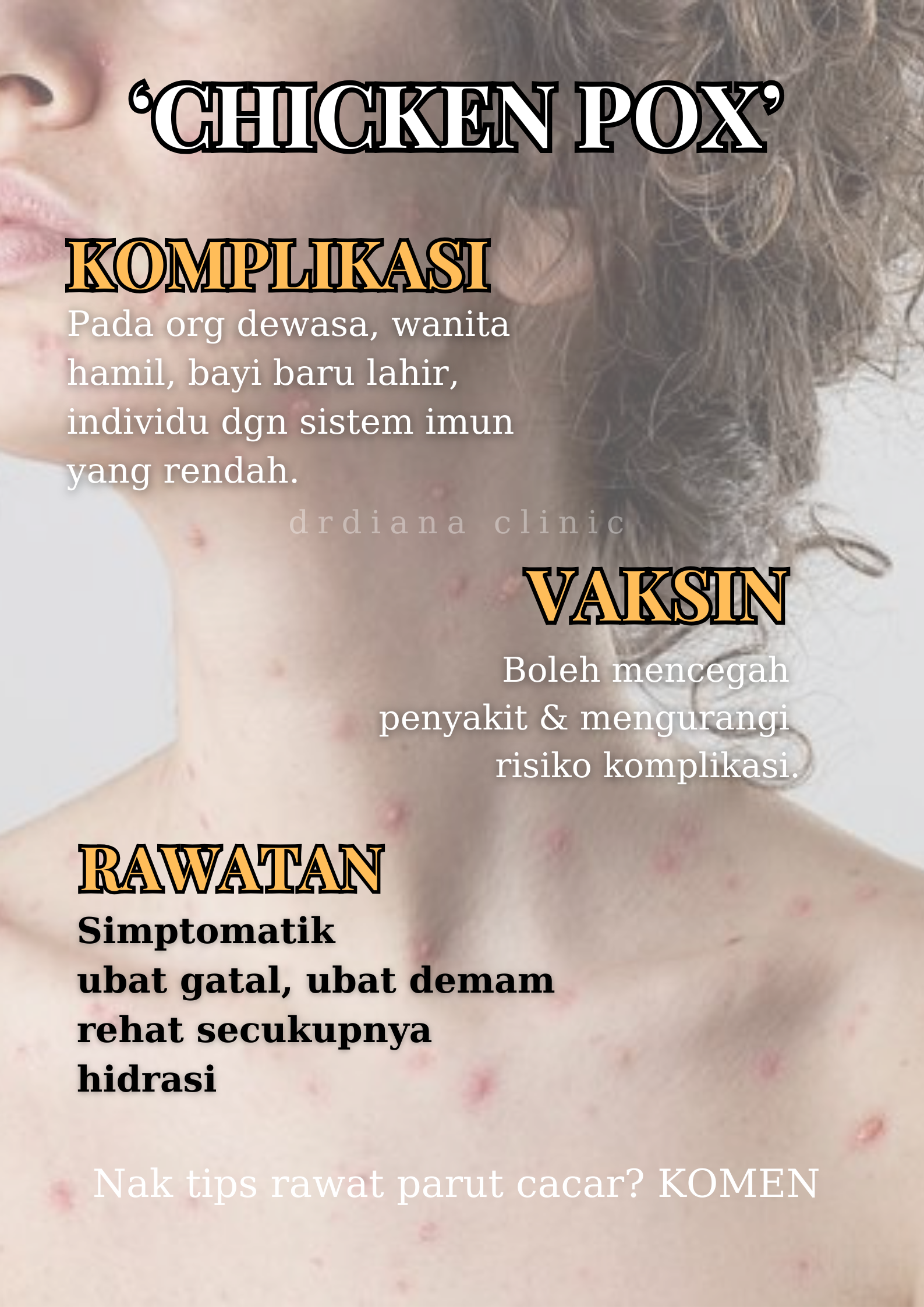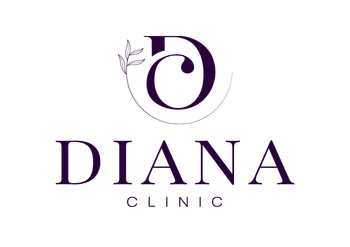
Chickenpox, despite being common, can pose risks, especially to adults, pregnant women, newborns, and individuals with weakened immune systems. Understanding its complications and adopting preventive measures is crucial.
### Complications:
In adults, pregnant women, newborns, and those with compromised immune systems, chickenpox can lead to severe complications. However, vaccination serves as a crucial tool in preventing the disease and reducing the risk of complications.
### Vaccination:
The vaccine stands as a shield against chickenpox, significantly reducing the likelihood of contracting the disease and minimizing the risk of severe outcomes, especially in vulnerable groups.
### Treatment:
Managing symptoms is key—addressing itching and fever with appropriate medications, ensuring adequate rest, and maintaining hydration are essential aspects of treatment. Early symptom recognition is vital for prompt care.

### Initial Care:
Early identification and symptomatic relief play pivotal roles in minimizing discomfort. Administering medications for itching and fever, adequate rest, and maintaining proper hydration are initial steps.
### Skin Care:
Topical treatments like calamine lotion and moisturizers help alleviate itching. However, crucial advice remains: refrain from scratching or picking at the blisters to prevent secondary infections or scarring.
### Scar Management:
Post-chickenpox, scar management involves consistent use of moisturizers and sunscreen. Brightening creams, supplements, and specialized treatments like chemical peels or laser therapy administered in clinics aid in scar reduction.
For more insights or queries regarding chickenpox, feel free to engage in the comments section. Dr. Diana Aesthetic Clinic provides valuable guidance and information on managing chickenpox and its aftermath.
Remember, prevention through vaccination is the first line of defense against chickenpox. Early recognition and appropriate care significantly reduce the risk of complications.
